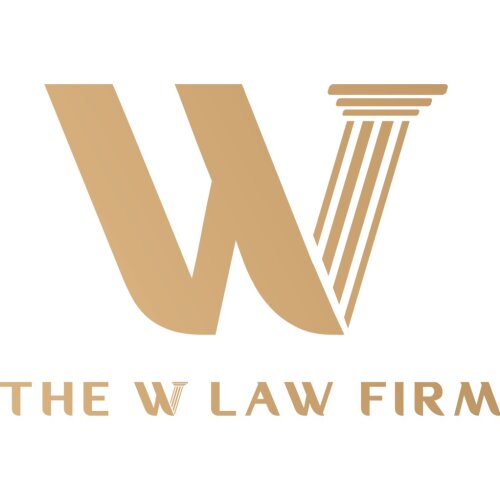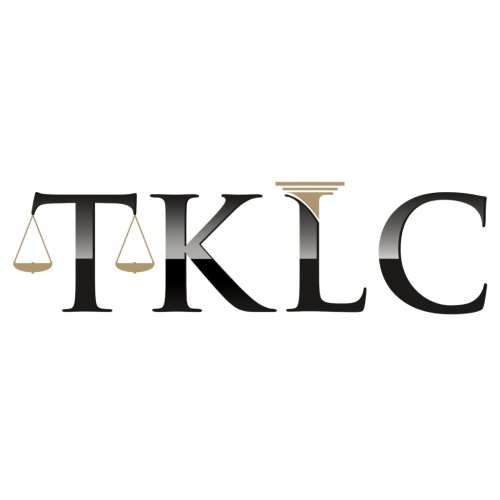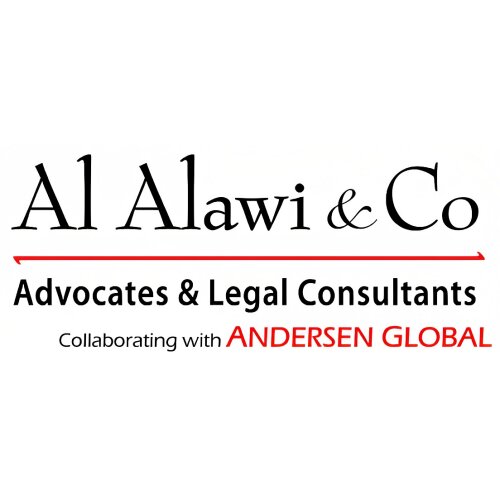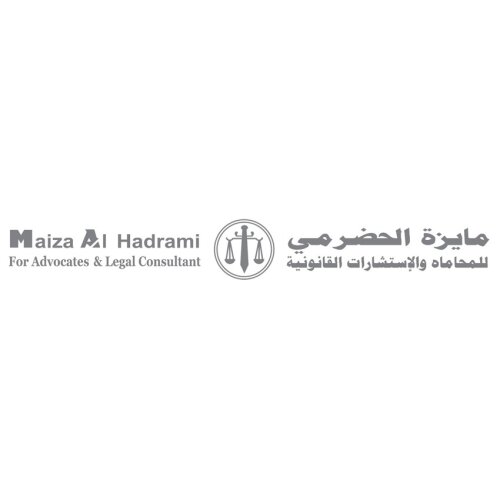Best Commercial Real Estate Lawyers in Oman
Share your needs with us, get contacted by law firms.
Free. Takes 2 min.
Free Guide to Hiring a Real Estate Lawyer
Or refine your search by selecting a city:
List of the best lawyers in Oman
About Commercial Real Estate Law in Oman
Commercial Real Estate Law in Oman is primarily governed by a combination of Islamic law principles, Royal Decrees, and decisions from the Ministry of Housing. The real estate sector has witnessed significant growth, fueled by increased foreign investment and economic diversification projects. The Sultanate provides a streamlined process for property registration and offers various incentives to encourage both local and international investors. However, it is essential for individuals and businesses to understand the regulatory landscape to navigate transactions confidently and in compliance with the law.
Why You May Need a Lawyer
Several scenarios necessitate seeking legal assistance in the field of Commercial Real Estate in Oman:
- If you are a foreign investor dealing with land ownership regulations, as there are restrictions and certain provisions that need expert interpretation.
- When negotiating complex lease agreements or purchase contracts to ensure all terms are favorable and legally enforceable.
- During a dispute over property usage, zoning, or other regulatory compliance issues.
- If you are involved in property development projects requiring adherence to local construction and environmental laws.
- For legal due diligence when acquiring large commercial properties to ensure there are no hidden liabilities or title issues.
Local Laws Overview
The legal framework governing Commercial Real Estate in Oman includes several key aspects:
- Ownership Restrictions: Non-GCC nationals are restricted in terms of land ownership, with allowances primarily in designated tourism and real estate free zones.
- Lease Agreements: Leases must comply with the Civil Transactions Law, ensuring fair terms between landlords and tenants.
- Environmental Regulations: Any development must adhere to the environmental standards set forth by the Environmental Authority.
- Property Registration: Transactions require registration with the Ministry of Housing, following specific procedural compliance.
- Zoning Laws: The usage of land must align with the municipality’s zoning regulations, which can affect commercial activities.
Frequently Asked Questions
What is the process for foreign nationals to invest in Oman's real estate market?
Foreign nationals can invest mainly in integrated tourism complexes (ITCs) and certain designated areas approved for foreign ownership, following the acquisition of relevant permissions and compliance with local regulations.
Are there any restrictions on owning commercial property in Oman?
Yes, while GCC nationals can own property freely, other expatriates are generally limited to specified areas and types of properties such as those within ITCs.
How is property tax handled in Oman?
Oman currently does not levy a property tax. However, there may be registration fees and other charges applicable during the transaction.
What are the legal considerations for commercial leases?
Commercial leases in Oman must comply with the Civil Transactions Law, covering aspects such as rent increase rights, lease termination, and renewal processes.
How can zoning laws affect my commercial property usage?
Zoning laws dictate the permissible usage of land in specific areas. These regulations may restrict the types of activities or modifications that a property can undergo.
What documentation is required for purchasing commercial real estate?
Important documents include a title deed, a copy of the lease agreement (if applicable), the seller’s identification, and any previous transaction records of the property.
Can lease agreements be freely negotiated between landlord and tenant?
While most lease terms can be negotiated, they must ultimately comply with Oman's applicable laws and not violate any statutory regulations.
What is the role of the Ministry of Housing in real estate transactions?
The Ministry of Housing oversees the registration of properties, regulates the real estate market, and ensures compliance with relevant laws during transactions.
How are disputes generally resolved in real estate transactions?
Disputes can be resolved through negotiation, mediation, or litigation, with the legal framework providing structured processes for each route.
Is it necessary to conduct a property survey before purchasing?
It is advisable to conduct a property survey to verify boundaries, check for encumbrances, and ensure the property adheres to legal standards.
Additional Resources
For further assistance, individuals may contact the following:
- Ministry of Housing: Provides guidelines and support on real estate transactions and development plans.
- Environmental Authority: Offers information on compliance with environmental regulations for property development.
- Oman Investment Authority: Can provide insights on investment incentives and regulations affecting commercial real estate.
- Local Real Estate Agents: Offer valuable market insights and assistance in identifying suitable properties.
Next Steps
If you require legal assistance in Commercial Real Estate, consider the following steps:
- Consult with an experienced real estate lawyer familiar with Omani law.
- Gather all relevant documentation related to your transaction or legal inquiry.
- Engage an expert to perform due diligence or property assessment if necessary.
- Ensure compliance with local regulations and contractual obligations.
- Consider seeking advice from the recommended resources and governmental bodies for additional support.
Lawzana helps you find the best lawyers and law firms in Oman through a curated and pre-screened list of qualified legal professionals. Our platform offers rankings and detailed profiles of attorneys and law firms, allowing you to compare based on practice areas, including Commercial Real Estate, experience, and client feedback.
Each profile includes a description of the firm's areas of practice, client reviews, team members and partners, year of establishment, spoken languages, office locations, contact information, social media presence, and any published articles or resources. Most firms on our platform speak English and are experienced in both local and international legal matters.
Get a quote from top-rated law firms in Oman — quickly, securely, and without unnecessary hassle.
Disclaimer:
The information provided on this page is for general informational purposes only and does not constitute legal advice. While we strive to ensure the accuracy and relevance of the content, legal information may change over time, and interpretations of the law can vary. You should always consult with a qualified legal professional for advice specific to your situation.
We disclaim all liability for actions taken or not taken based on the content of this page. If you believe any information is incorrect or outdated, please contact us, and we will review and update it where appropriate.
Browse commercial real estate law firms by city in Oman
Refine your search by selecting a city.

















